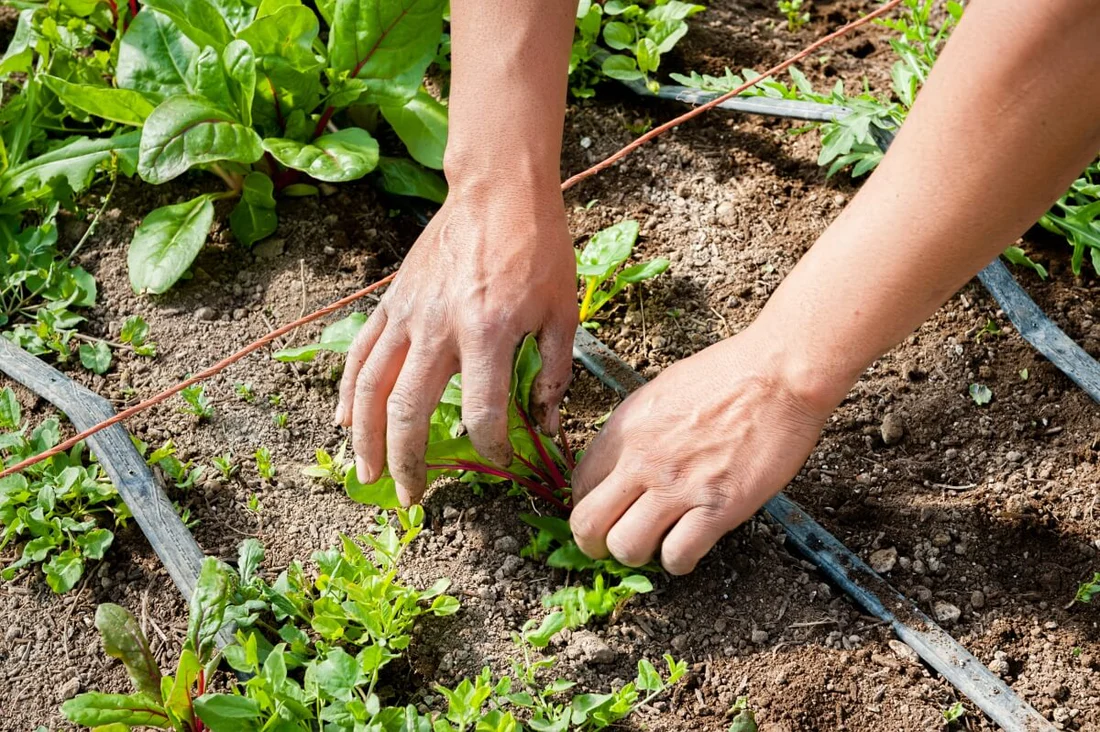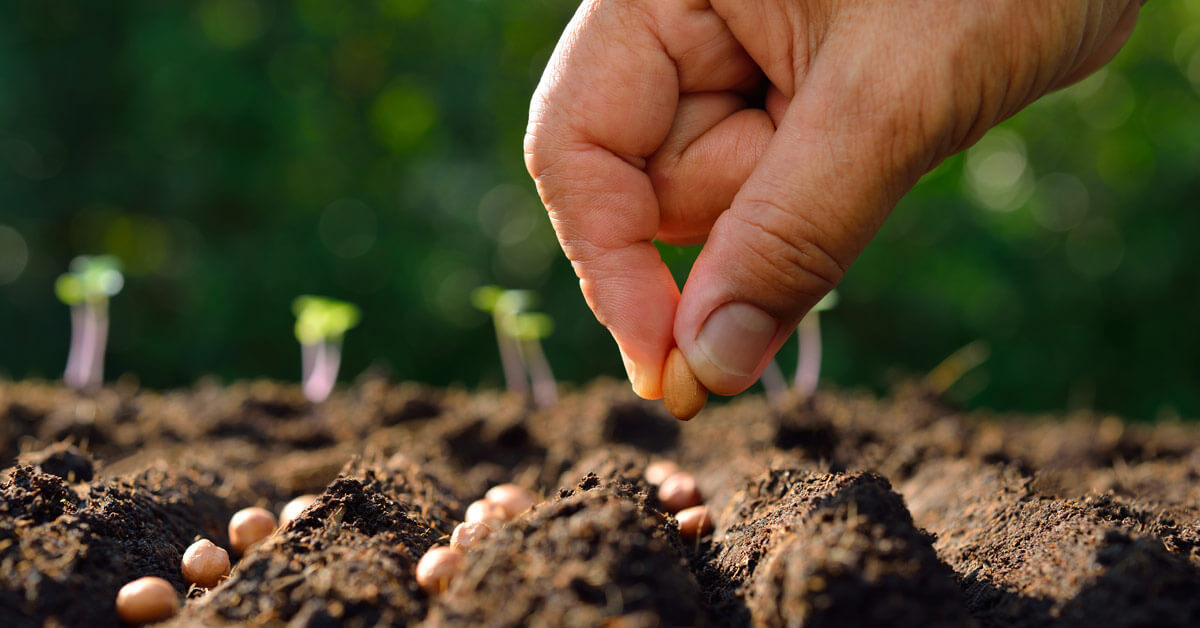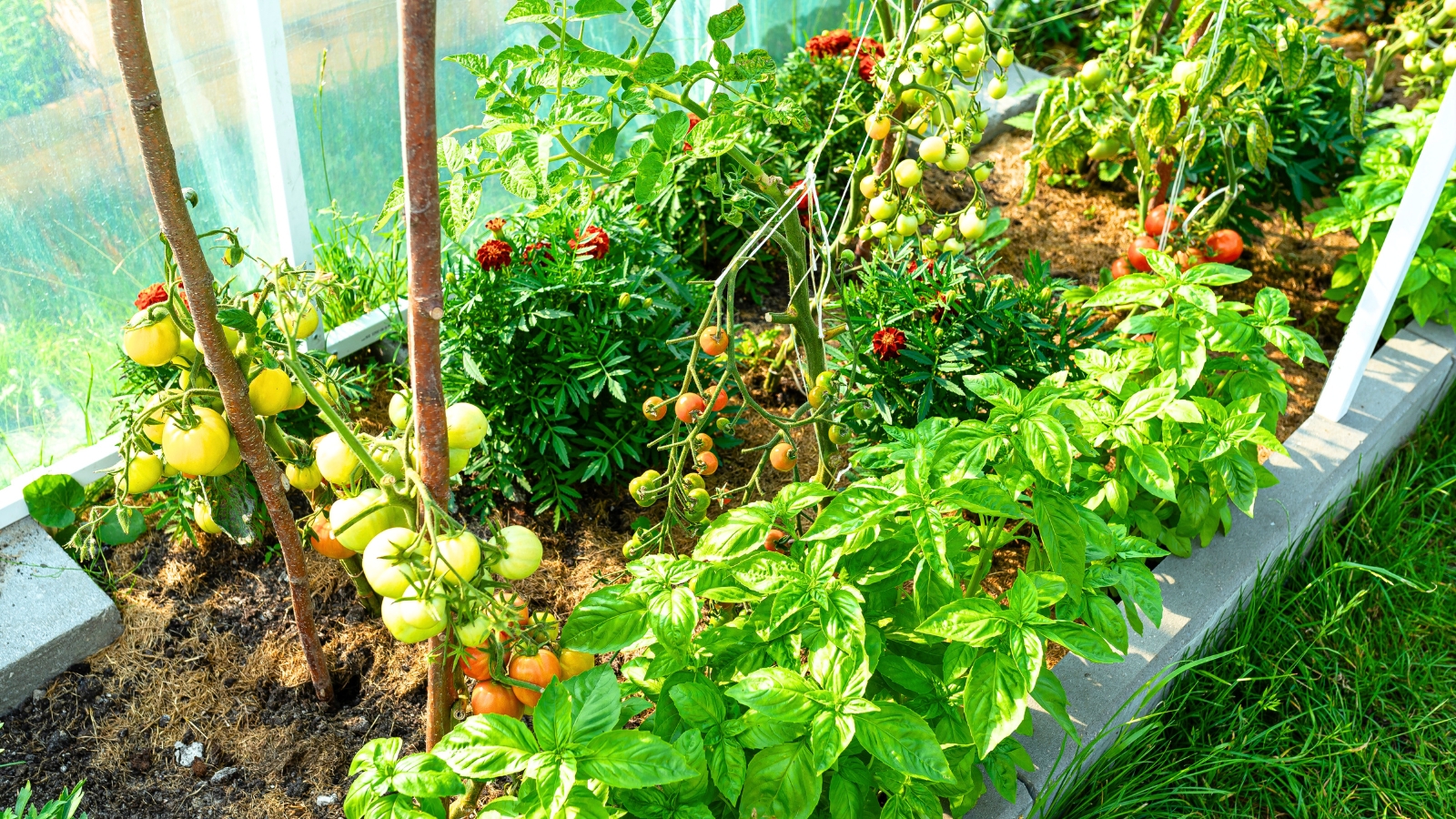The tremendous rise in organic gardening is quite easy to comprehend given the fact that who wouldn’t want to grow their vegetables in their own backyard without using any chemicals? But every rise is accompanied by some challenges, and for organic gardeners, this struggle is that of dealing with weeds. They are opportunistic in nature and always pop up uninvited and in places you didn’t want to see them, thus consuming the precious space that can instead be occupied by your lovingly nurtured plants. It may seem like an unending skirmish at times, but do not worry—this article is tailored specifically for you to be able to easily and organically deal with the weeds spawn and become the ultimate guardian of your garden.
Understanding the Types of Weeds in Your Garden
It is important to remember that each weed has its own distinctive characteristics, and therefore you have to identify your enemy first before you grow your garden. There are three different types of gardeners. First, there are those who prefer succulent dandelions as a meal. The dandelions have meaty roots, which are a bit tricky to yank out once you have planted them. Then there are the low-lying clover weeds, which can overwhelm your entire garden bed in a span of mere weeks. To make matters confusing and downright peculiar, a few of these ‘weeds’ serve as nutrients and can be consumed; these are known as purslane and chickweed. Knowing each of the invasive weeds in your garden will allow you to develop an efficient strategy for eliminating these parasites from your garden.
The Importance of Soil Health in Weed Management
Have you ever heard someone say that “healthy soil means healthy plants”? A garden space with good-quality soil can not only enable your crops to grow well but can also reduce the chances of weeds growing in it. Weeds take advantage of compacted or nutrient-deficient soil where your plants are unable to grow. Some good practices would be periodically overseeing your soil, putting in some compost, or perfecting the pH levels. It’s like giving your crops a head start in competing for nutrients! When plants are in good health, they tend to overtake weeds. So why don’t you consider soil maintenance to be one of your hunting tools?
The Effect of Weeds on Mulching
Here is how the magic happens when gardening—mulching. When mulch is used, not only does it help with moisture retention and regulate the thermal state of the soil, but it also acts as a vegetation cover. With the use of straw, wood chips, and shredded leaves, a blanket can be formed on the ground that inhibits the sunlight, making it impossible for seed germination. And what’s even cooler? After some time, mulch decomposes, which becomes beneficial for the layer of soil beneath it. It’s an absolute no-brainer! The image of your crops flourishing while the weeds lay rest peacefully under layers of mulch is an astonishing sight where they have surrendered to the mulch blanket. Doesn’t it?
Companion Planting as a Natural Weed Control
Companion planting is like matchmaking for your plants. Some plants, like marigolds and nasturtiums, actually weed themselves out and help other plants to thrive. Others can even be used to cover the soil from the sunlight to stop weeds from growing. Just think of it as a tiny ecosystem where each plant does its part to help make sure your organic garden doesn’t get leafy and overgrown with weeds. But who says flowers and veggies cannot be best friends?
The Importance of Regular Maintenance
It seems less glamorous but important, and that is manual weed removal. Yep, that means gloves on, knees in the dirt, pulling out those invaders with a hand. The key to this approach is doing it before the plants send seeds floating away. Pro tip? Try and do it after the rain. Damp and loose soil makes it easier to pull out that bullying taproot, which is one of the most dominant roots in existence. Make it a routine; do it weekly or biweekly; it’s your choice. It might not be your favorite chore, but trust us, the outcome is really satisfying.
The Use of Homemade and Natural Weed Killers
If you are one of those gardeners who would love to mix potions to create different (garden alchemist) recipes, then natural herbicides should be the best fit for you. Perhaps a common one would be the one made using glue, salt, and vinegar, as most of the mixture calls for these substances. Spray it directly on the weeds, and voila, they shrivel away. But be cautious; this method tends to be overly aggressive and can damage your plants as well. For a milder version, boiled water can also be effective against weeds that are growing out of places such as garden edges or paths. Does destroying the pesky weeds of my garden really feel like chemistry class?
Below are some of the common questions people frequently ask about tackling weeds with natural means, such as native plants or other rich vegetation.
FAQs
1. Why do I have to repeat the fight against those pesky weeds? Can’t I just stop them from showing up in the first place?
It would be best if you focused on prevention first. Hence, if you mulch, use cover crops, or even just plant more densely, chances are you will not have to face that problem.
2. What should I do once I have pulled out weeds? Should I throw them away, or can I use them?
The best option here would be to dry the weeds completely so they don’t resprout, and then tossing them in with the compost should be welcoming.
3. I have heard people say all crops are essential for a garden; is that a true statement?
That’s the most common misconception! In fact, some weeds can provide the much-needed boost for the quality of soil, which will also help attract key pollinators for the crops. Everything in agriculture is about balance.
4. How often should I weed my garden?
It is recommended to hold short sessions on a regular basis, in this case once to twice a week, so as not to allow weed growth to become a big problem.




